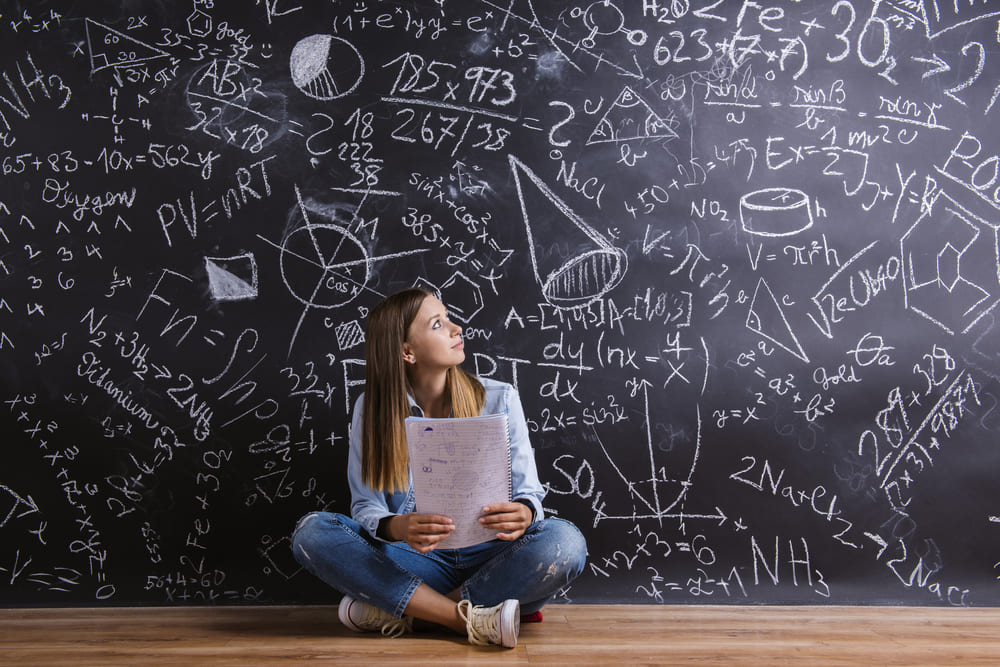Only 5% of students finish high school knowing mathematics
2 min read
A recently developed study based on the results obtained by the primary assessment system (Right) for the year 2021, that only about 5% of students leave high school with proper learning in it Maths🇧🇷 However, in 16 states, the numbers haven’t even reached that baseline.
Research has also shown that at national levels, 57% of students in their last year of high school do not have sufficient knowledge of the subject, and about 38% know only the basics.
Read more: The number of ENEM candidates who have finished high school is declining
Although teaching, especially in mathematics, which was the main subject of study, was considered risky for a long time, the new Corona virus epidemic exacerbated this situation, due to the fact that classes were applied remotely for almost two years in school.
This factor is believed to have directly contributed to poor teaching in general. Even with better results, the Portuguese language subject offers numbers greater than 31% of the appropriate learning level, and although it is much higher than mathematics, it is still far from ideal.
Compared to 2019 levels, before the pandemic, the data for mathematics was 7%, and that for Portuguese was 34%. However, even if the numbers are not very expressive in their difference, if they come from year to year, then the difference can be considered significant.
The information collected from Saeb is obtained through the Portuguese language and mathematics test, which is applied every two years, and is collected by the Interdisciplinaridade e Evidências no Debate Educacional. These results were released last Wednesday, the 30th, which also marks the 10th anniversary of the traditional QEdu portal.
The portal is considered one of the largest in the country and is supported by many institutions, such as Itaú Educação e Trabalho and Fundação Roberto Marinho, among others well known in Brazil.
Such declines in learning rates collected from high school can be seen already from elementary school, where approximately 37% of students receive an adequate education in mathematics, according to the study. In these numbers, the deterioration is very significant, as in 2019 the percentage reached 47% in the data collected.
As we have already discussed, the decrease in rates is entirely related to the difficulty of maintaining the quality of remote teaching, which is necessary in 2020 and 2021, when face-to-face education should have been paused.

“Entrepreneur. Music enthusiast. Lifelong communicator. General coffee aficionado. Internet scholar.”

:strip_icc()/s04.video.glbimg.com/x720/11792055.jpg)

:strip_icc()/s03.video.glbimg.com/x720/11786998.jpg)



